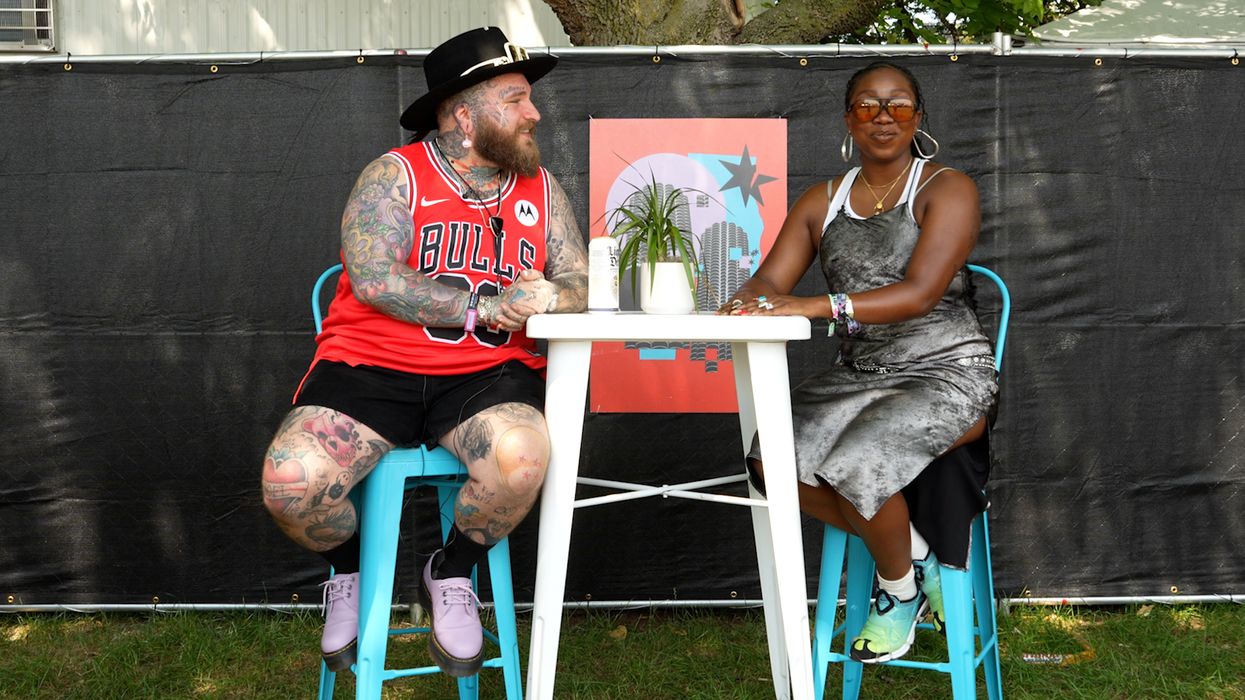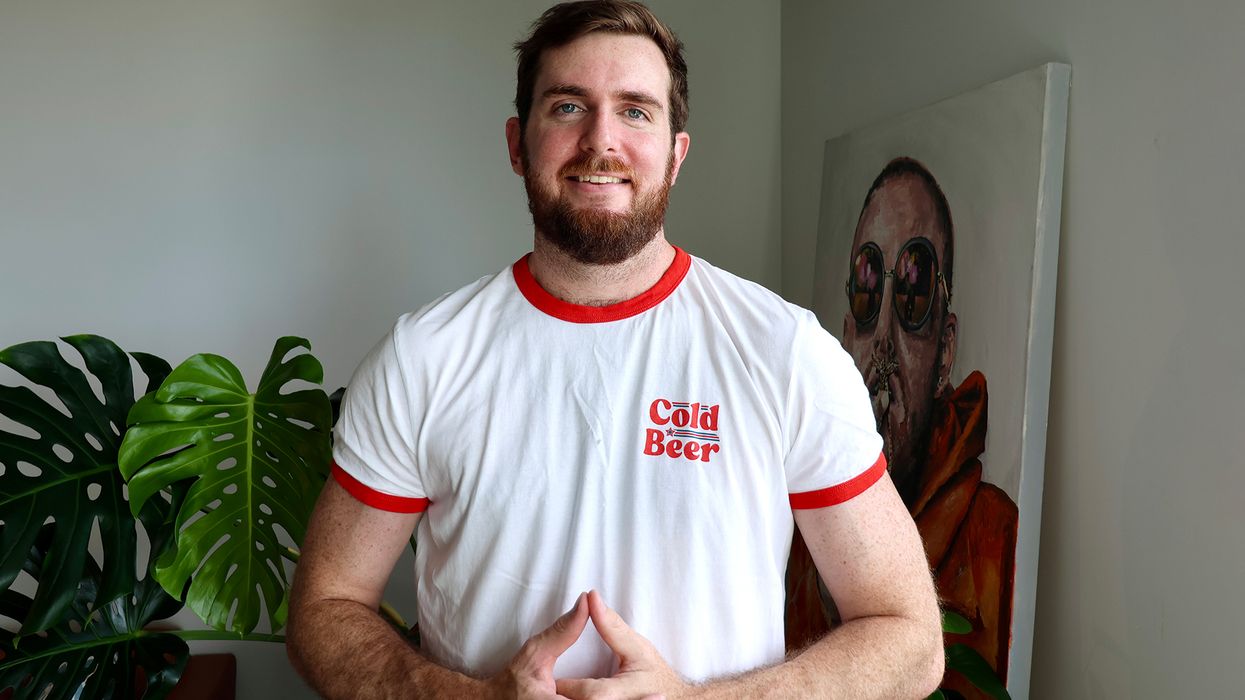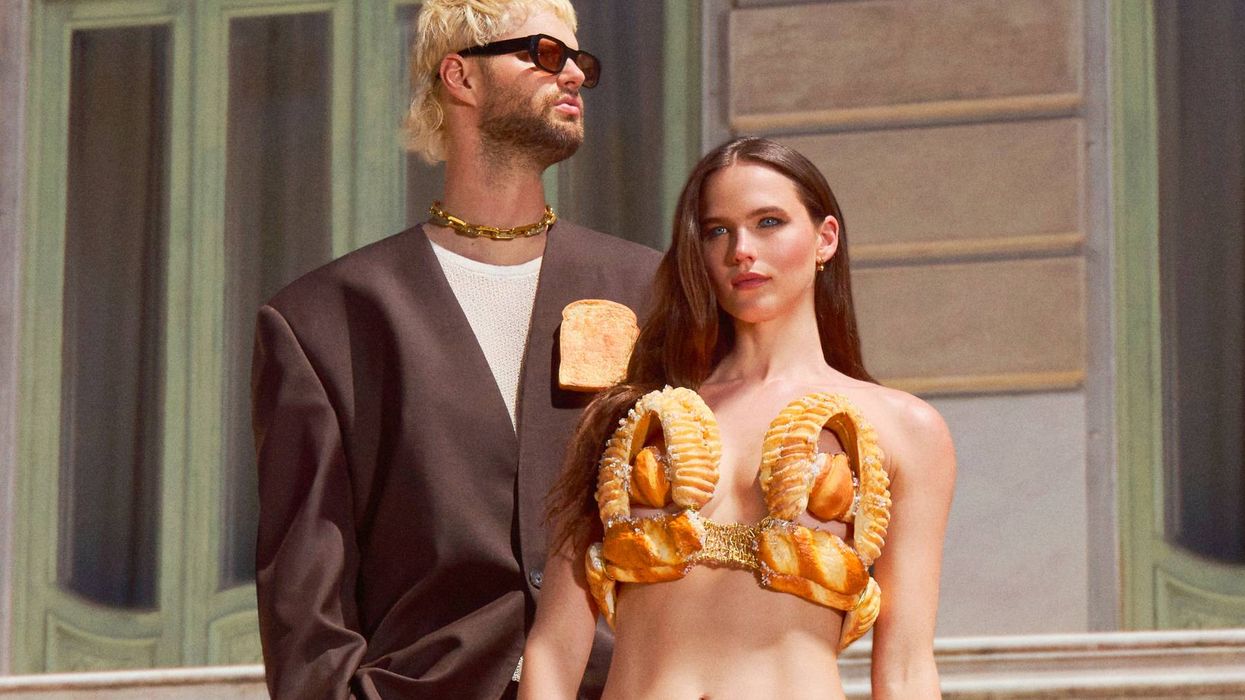Lost began streaming on Netflix last week, which meant the Internet was once again legally obligated to lose its collective mind about Lost. Practically since it debuted on ABC 20 years ago this fall, the sci-fi drama about survivors of a plane crash who find themselves trapped on a mysterious island seemed custom-built to inspire people to get mad at each other online.
In this case, the hot-button issue wasn’t whether the castaways were dead the whole time (which they weren’t, in case you’re still wondering), which guy Kate should have chosen (can we suggest neither?), or whether the show did a good job of explaining its mysteries (some yes, many others not at all). Instead, it was the more existential question of whether watching all of Lost was necessary, sparked by Vulture recirculating an article that was originally published right before the series finale aired in 2010, which picked “20 episodes you can safely ignore, as they lack character information, mythology, action, plot development, and/or supernatural activity.”
Once the link began floating around social media, battle lines were drawn between people who agreed with that Lost didn’t need anywhere close to 121 episodes in order to properly tell its story, and others who grew indignant at both the general idea and some of the specific examples in that story. I am here to argue on behalf of that latter, wiser group, and in favor of the idea that television has, well, lost something significant as it’s moved away from making shows with lots of episodes over lots of seasons in favor of more economical storytelling.
Among the installments cited by Vulture was “Tricia Tanaka Is Dead,” an episode from midway through Lost Season Three: Hurley decides to fix up an old VW Microbus abandoned by the Dharma Initiative, and is assisted by Charlie, Jin, and Sawyer, while flashbacks introduce Cheech Marin as Hurley’s often-absent father. On paper, I can understand why someone might view it as skippable. Lost wasn’t exactly crying out for another Oceanic Flight 815 passenger with crippling daddy issues, after all. And the topography of the island meant that the Dharma van could essentially just drive around in circles, which felt like a metaphor for that particular moment in the show’s run, when it seemed the writers had simply run out of ideas and were stalling. I get that. It’s in most ways the quintessential example of what some modern TV fans derisively call “filler episodes” — ones that don’t advance the story in any meaningful way.
Yet if you were to ask me to list my favorite Lost episodes ever, “Tricia Tanaka Is Dead” would rank pretty high. It’s genuinely fun in a way Lost could only sometimes be. The interplay among the four guys is wonderful, like a moment where the usually amiable Hurley loses his patience with Sawyer’s insulting nicknames after being called “Jumbotron,” but the best retort he can come up with is a halting, “Shut up, red… neck… man.” The sequence where Hurley and Charlie risk life and limb to jumpstart the van, and it comes to life at the last possible second, with its ancient stereo system playing Three Dog Night’s “Shambala,” is genuinely thrilling, and it’s followed by the most purely joyous moments of the entire series, where the guys get to bask in the fruits of their ridiculous labor:
As it turns out, the van does prove useful in that season’s finale, as Hurley drives it over a bad guy who’s threatening to kill his friends. But the value of “Tricia Tanaka Is Dead” runs longer and deeper than that. It’s about time, and it’s about relationships — not only the ones between the characters on the show, but the ones we in the audience have with them. Because ultimately, committing to a TV show is like committing to a relationship: You want to spend many hours, stretched over a period of weeks, months, or years, in a particular world, with a particular group of people, because you enjoy their company in some way. There are times when you just want to know what’s going to happen next in the story, just as there may be times where you just want to hook up with somebody without getting to know anything about them. But the most fulfilling relationships, on TV or in real life, are based on the kind of bond that shouldn’t be rushed. And as the streaming era has reduced the amount of time we get to spend with each character on each show, it becomes harder to connect as deeply as before.
Recently, my son and I decided to fill the very long gap between seasons of Star Trek: Strange New Worlds by rewatching most of Star Trek: Deep Space Nine. Strange New Worlds is terrific, and each of its two seasons so far has offered stories that stack up well with the best of Eighties and Nineties Trek. But because there are only 10 hours per season, it’s pretty much all Very Special Episodes, with barely any room for traditional stories where the Enterprise arrives at a new planet, an adventure ensues, and then everyone flies away at the end — the kind of brick-and-mortar foundation that makes the experience of the older, longer shows ultimately feel richer. Deep Space Nine is much more uneven than Strange New Worlds, as is the case with almost any series from the days when making 22 or more episodes per season was the norm. Some episodes don’t work at all, while others feel merely adequate — the clear products of a creative team that had to keep the assembly line moving, no matter what. But if you watch a half-dozen unquestionably mid stories about the relationship between Captain Benjamin Sisko and his teenage son Jake, then the fourth season episode “The Visitor” — set in an alternate timeline where Sisko vanishes in a freak accident and Jake throws away most of his adult life trying to rescue his dad — is about as tearjerking as an hour of TV can get. It’s hard to imagine it having the same effect without Ben and Jake being such constant presences in the audience’s lives leading up to it. The same could be said about almost every character or dynamic on that series: When the big moments happen, they matter more because we know everyone so well by that point.
Admittedly, the process of making seasons that long can be miserable, and it seems as if every showrunner will leap at the chance to work on less onerous projects. The later seasons of Lost featured between 14 and 18 episodes. Robert and Michelle King, who had such success with CBS’ The Good Wife, speak often of how much they prefer the shorter commitment of making streaming shows like The Good Fight and Evil. But there’s a kind of magic, even if it’s accidental, that can come out of that process of having to churn out… something to fill the time. In its early seasons, The Good Wife tended to pit its main characters against lawyers from other firms, played by famous guest stars. Then, late in the fourth season, the Kings wrote “Red Team/Blue Team,” an episode seemingly designed as a palate cleanser between larger story arcs, where our heroes competed against one another in a mock trial exercise. Everyone was pleasantly surprised to realize that the electricity of this dynamic was even stronger than when Michael J. Fox was the bad guy, and the Kings understandably steered into this idea by setting up a new storyline where several characters broke off to start their own firm. It was easily the best stretch of the entire series, and it’s one that never would have happened if not for the necessity to make as many episodes as possible. TV series, by design, need room to evolve, to experiment, and to grow. When you rush to tell your story as efficiently as possible, you lose that flexibility, and you lose the opportunity to stumble into something unexpectedly great.
Even a return to 13-episode seasons being the industry norm — rather than 10, eight, or even six — would do a lot of good. Last month, Doctor Who wrapped up the first season of its latest reboot, featuring Ncuti Gatwa as the new incarnation of the Doctor, and Millie Gibson as the Doctor’s new traveling companion, Ruby Sunday. The season concluded with Ruby deciding to leave the TARDIS and return to a normal life, where she would finally get to know her birth parents after being raised by the foster mother who later adopted her. Ruby’s departure was presented as a real heartbreaker for the Doctor, who had referred to her as his best friend earlier in the season. The problem was, Doctor Who is now being made directly for Disney+, which means eight episodes a season, compared to the 13 from back in the David Tennant days. So Ruby’s exit didn’t have the emotional weight that, say, the separation of Tennant’s Doctor and his first companion, Billie Piper’s Rose Tyler, did. That handful of extra hours can matter a whole lot.


Or consider some of the most memorable episodes of some of this century’s greatest dramas. Would The Sopranos have had room for an hour about two wiseguys getting lost in the Pine Barrens if David Chase and company were only allowed to make eight episodes a year? What about Breaking Bad with “Fly,” where Walt and Jesse spend an entire hour trying to eliminate a single insect from their underground meth lab? When “Fly” first aired, some of the series’ more impatient fans complained that “nothing important happened.” But in addition to being incredibly funny, “Fly” also climaxes with Walt giving a monologue about what, in hindsight, would have been the perfect moment for him to die, in order to minimize the collateral damage wrought by his criminal enterprise. It’s among Walt’s most introspective and candid moments of the entire series, and it also perfectly sets up a devastating beat in the final season where Walt bluntly tells Jesse about one of the things that happened because Walt didn’t die on that particular day. Breaking Bad wouldn’t be Breaking Bad without “Fly.” That’s not filler.
Based on what we know of streaming viewership, the audience has no problem with filler, either. The shows that regularly top Netflix’s year-end charts tend to be ones made for broadcast or cable that made at least 13 episodes a season, like Suits, and often 22-plus, like Grey’s Anatomy. TV fans enjoy spending as much time in these worlds as they can, even if the consistency is shaky, even if some episodes are more “important” than others. And it’s exasperating that the TV industry as a whole seems to be steering so hard in the opposite direction — not just with dramas, but with everything. Comedies need time to stretch out, even if they’ve been around for a while, and they so rarely get them. Several seasons of 30 Rock tended to take a half-dozen episodes to find themselves; that’s practically an entire season of a more recent Tina Fey-produced show like Girls5Eva, which always seems to just be getting into a groove when the finale comes.
Of course, not every show merits extended treatment: Watchmen and Fleabag are both perfect at, respectively, nine and 12 episodes, and don’t require any more. Beyond that, I understand that everyone’s time is finite, and even I can be a hypocrite about this. That Deep Space Nine binge skipped over some episodes, including the majority of the more allegedly comedic ones about the money-obsessed Ferengi race, which I found cringeworthy in the Nineties and mostly didn’t want to subject future generations to. When I mentioned this to a fellow Trekkie, they were aghast that my son wasn’t getting the complete experience. So I’m throwing this particular stone from inside a shiny glass house. I’ve also never done a full Lost rewatch, and for all I know, I might find myself skipping some episodes — just not “Tricia Tanaka Is Dead.”
In that same season finale where Hurley turns the van into a weapon, Charlie drowns in a former Dharma research station, but not before saving the life of their friend Desmond. Charlie had done an extended heel turn in prior seasons, and there were various points where his death would have come more as a relief than anything else. But episodes like “Tricia Tanaka” were so effective at reminding the audience why we loved Charlie in the first place that his death instead felt devastating. That’s the opposite of filler.
It’s all an unfortunate side effect of the Ten-Hour Movie problem, where too many people making shows today mistakenly believe that all that matters is the plot, and anything not advancing said plot is inessential. There are people who wanted a version of Lost that was only about the island’s mysteries, just as there were people who wanted a version of Sopranos that was only about seeing who got whacked each week. People have tried that approach with thinly-disguised knockoffs, and they’re not remotely a patch on the real thing. And when it feels like those kinds of shows make too many episodes, it’s because those episodes are only focused on the plot, and don’t care enough about the characters, or about weird diversions like fixing a van or catching a fly.
Is the point of watching a show to get to the end of the story, or to, you know, watch the show?
















